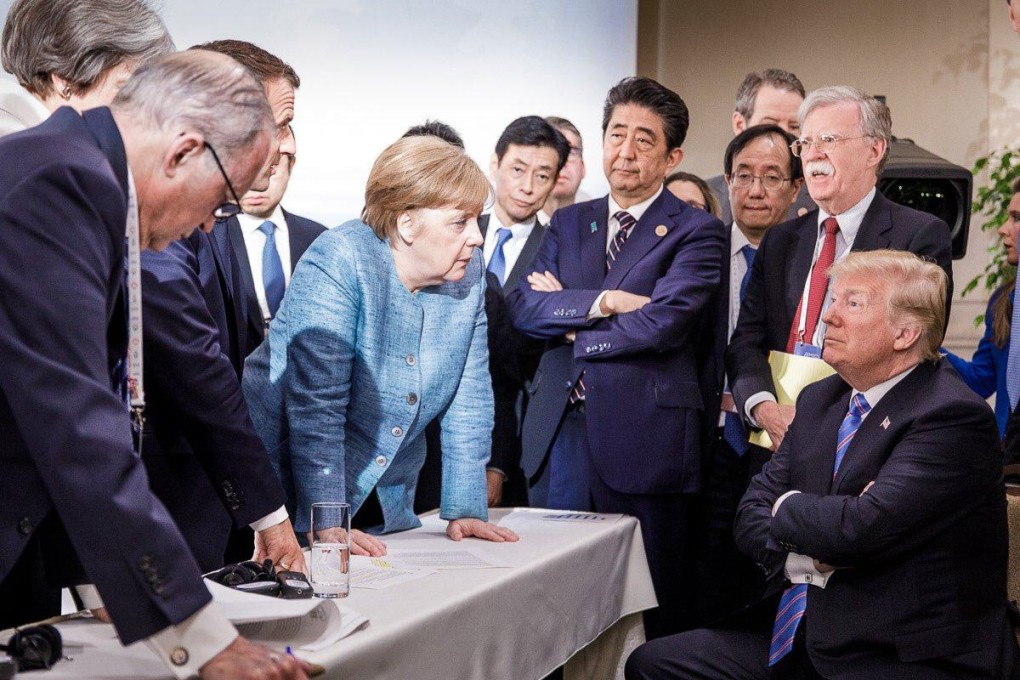Opinion | Angela Merkel: in praise of Germany’s no-nonsense leader
- Germany’s first woman chancellor is expected to step down this year after 16 years at the helm. She will be remembered for projecting humility, balance, stability and simple common sense at a time when the West seemed adrift

We criticise more than praise. Good news is no news. Fiery or flowery rhetoric cannot disguise the fact that most politicians have not delivered what they promised. Hence, we should praise those leaders who look dull but have performed spectacularly.
Kohl seized the historical opportunity to reunite Germany; Merkel would be remembered as the centrist, no-nonsense builder on that foundation. Lesser leaders would have fumbled or wasted the opportunity.
Merkel is also the most intellectually qualified of her peers, having obtained a doctorate in quantum chemistry, but she is neither proud nor flashy. When asked why she often wore the same suit, she retorted, “I am a government employee and not a model.”

Born in West Germany but raised in East Germany, she was the country’s first woman chancellor, the first chancellor born after World War II and the first from East Germany.
